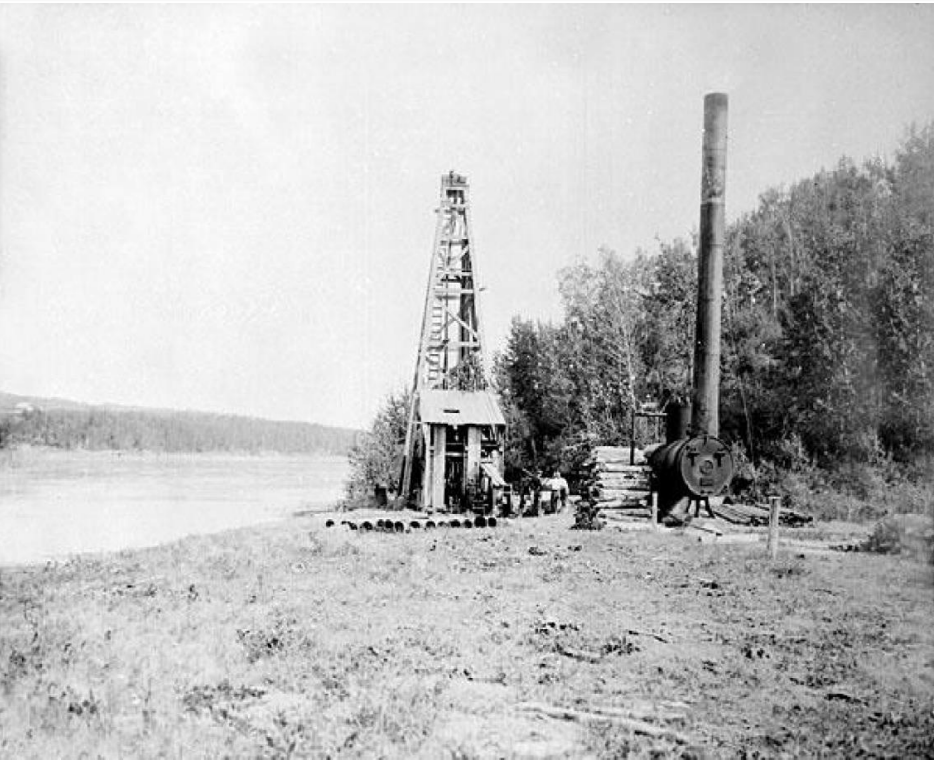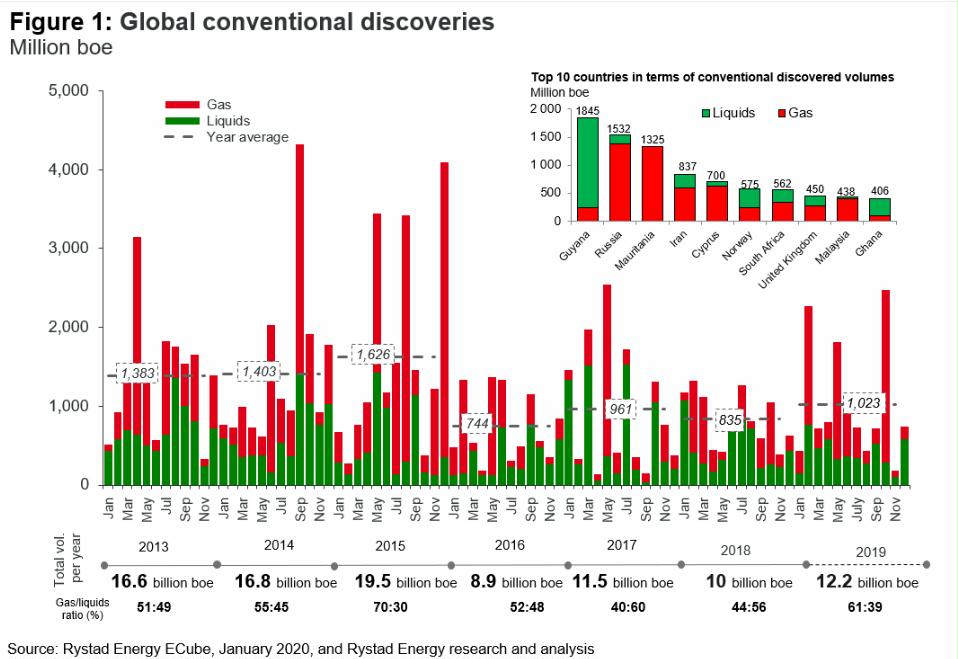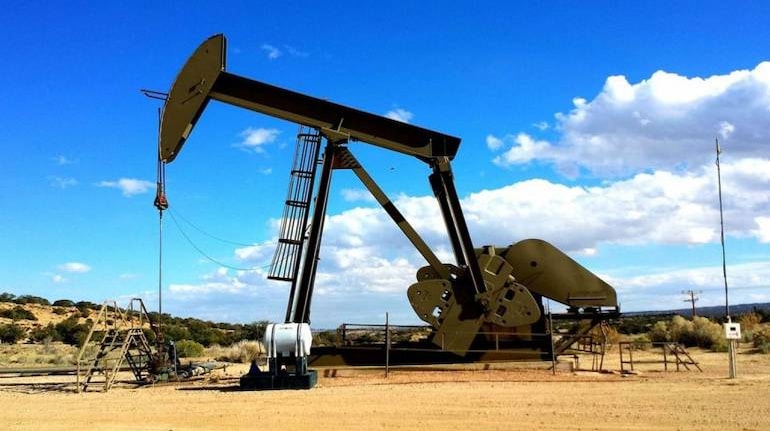
The discovery of oil has profoundly influenced global economies, geopolitics, and technological advancements. Beginning in the 19th century, these breakthroughs reshaped the energy landscape and continue to shape the modern world. This comprehensive overview explores some of the most transformative oil and gas discoveries throughout history, with additional insights into their global impact.
Early Oil Discoveries in the United States
The Drake Well: Birth of the American Oil Industry
In 1859, Edwin Drake drilled the first mechanically-driven oil well in Titusville, Pennsylvania. Unlike earlier efforts that relied on collecting oil seepage from the ground, Drake’s innovation marked the start of the modern oil industry. This shallow well, less than 70 feet deep, produced a steady flow of oil, propelling the United States into an era of energy dominance.
The success in Pennsylvania triggered an oil rush, leading to discoveries in Texas, Oklahoma, and beyond. By the early 20th century, the United States had become the world’s largest oil producer, fostering economic growth and industrial expansion.
Black Gold in Azerbaijan: The “City of Oil”
Long before Drake’s well, oil exploration had begun in Baku, Azerbaijan, then part of the Russian Empire. In 1846, a manually-dug well struck oil, earning Baku the nickname “City of Black Gold.” By the late 19th century, Baku had become a major oil hub, producing over half the world’s supply.
Today, Azerbaijan’s oil reserves are estimated at 7 billion barrels. The country’s energy exports remain vital to its economy, with pipelines like the Baku-Tbilisi-Ceyhan pipeline linking its oil to global markets.

The Gusher Era: Spindletop and the Texas Oil Boom
One of the most iconic moments in oil history occurred on January 10, 1901, when the Spindletop well in Beaumont, Texas, erupted, producing an unprecedented 100,000 barrels per day. This discovery catalyzed the Texas oil boom, attracting investment and establishing Texas as a global energy powerhouse.
The Spindletop field’s success also laid the foundation for major oil companies like Gulf Oil and Texaco. It underscored the potential of large-scale oil production to meet the growing demand for energy during the industrial revolution.
The Middle East: A New Frontier for Oil Exploration
The First Middle Eastern Oil Discovery
In 1908, oil was discovered in Masjed Soleyman, Iran, by William Knox D’Arcy, a British entrepreneur. This field—developed with the expertise of George Bernard Reynolds—paved the way for the creation of the Anglo-Persian Oil Company (now BP). Iran’s oil reserves transformed the Middle East into a focal point of global energy.
Saudi Arabia’s Game-Changing Discovery
In 1938, American engineers from Standard Oil struck oil in Dammam, Saudi Arabia. The discovery of the Ghawar field—the largest conventional oil field in the world—solidified Saudi Arabia’s position as a leading energy exporter. This pivotal find not only shaped the kingdom’s economy but also played a critical role in global energy supply.
South America: The Jewel of Lake Maracaibo
The discovery of the Bolivar Coastal Field in 1917 marked Venezuela’s emergence as an oil giant. By 1958, this field was producing 1.4 million barrels per day. With estimated reserves of 11.1 billion barrels, it remains one of the largest fields in history.
Situated near Lake Maracaibo, the field catalyzed Venezuela’s economic transformation. Today, the country holds the world’s largest proven oil reserves, although political and economic challenges have hindered full exploitation.

Modern Discoveries: Kashagan and Beyond
In recent decades, major discoveries have become rarer. However, the Kashagan field in Kazakhstan, located in the Caspian Sea, stands out. Discovered in 2000, Kashagan has recoverable reserves of 13 billion barrels, making it one of the most significant finds of the 21st century.
Despite delays and cost overruns, Kashagan began production in 2013. Its development underscores the technical and logistical challenges of extracting oil from ultra-deep reservoirs, reflecting the evolving nature of the oil industry.
Global Impact of Oil Discoveries
Economic Growth
Each major discovery has brought substantial economic benefits to host countries. From the industrial boom in the United States to the modernization of Gulf nations, oil revenues have funded infrastructure, healthcare, and education.
Geopolitical Shifts
Oil has often been at the center of geopolitical conflicts and alliances. The Middle East’s vast reserves have drawn international interest, influencing foreign policy and global trade dynamics.
Environmental Considerations
While oil has driven industrial progress, it has also contributed to environmental challenges, including greenhouse gas emissions and oil spills. The industry faces growing pressure to transition toward renewable energy sources.

New Frontiers in Oil Exploration
As traditional reserves decline, the industry is turning to unconventional resources such as shale oil, tar sands, and deepwater fields. Technological advancements like hydraulic fracturing and horizontal drilling have unlocked new opportunities, particularly in North America.
The history of oil discoveries is a testament to human ingenuity and ambition. From early wells in Pennsylvania to massive fields in the Middle East and beyond, these discoveries have reshaped the world. As the industry evolves, the challenge lies in balancing energy needs with environmental sustainability and economic stability.




